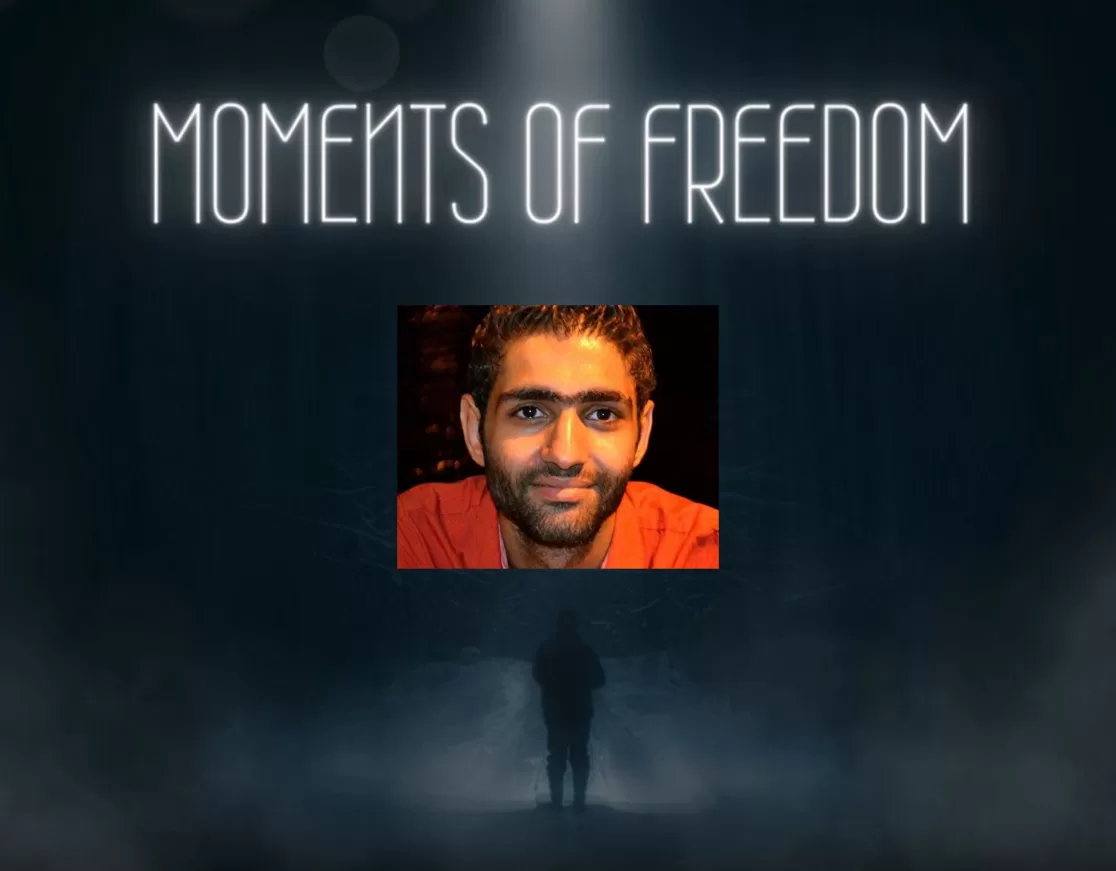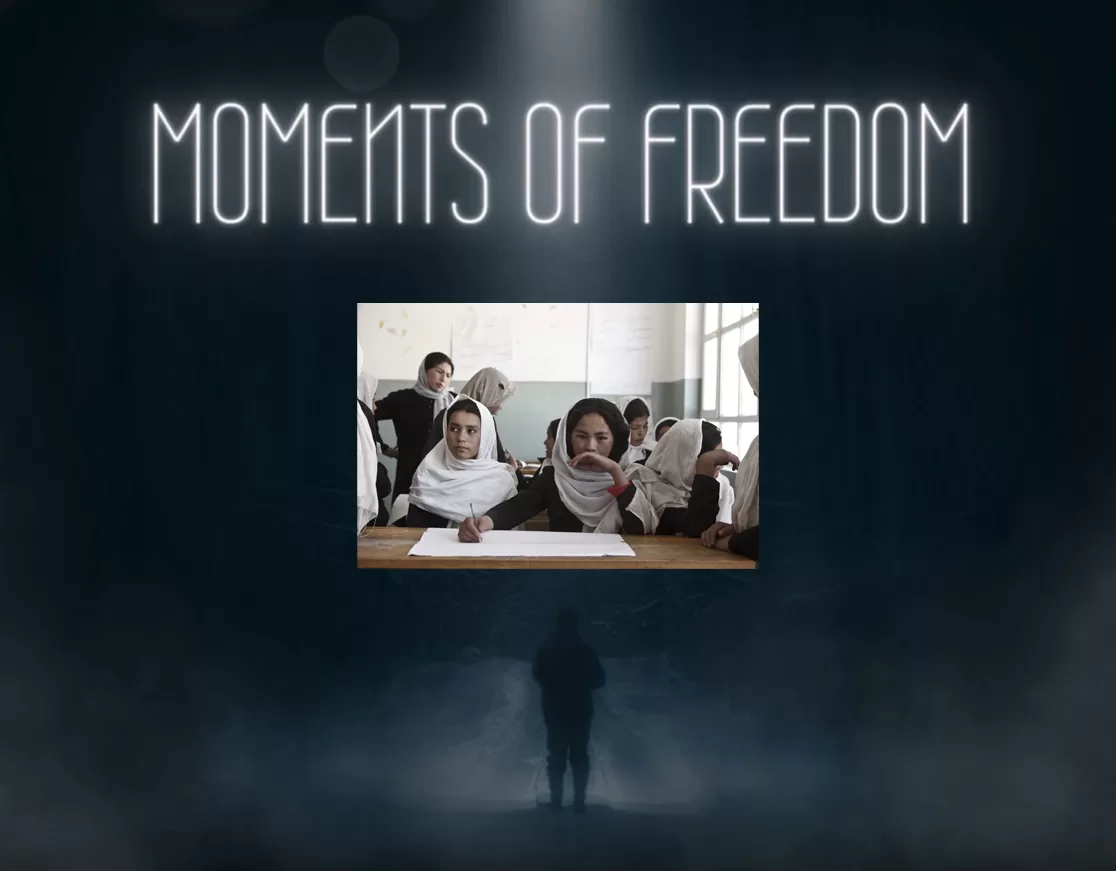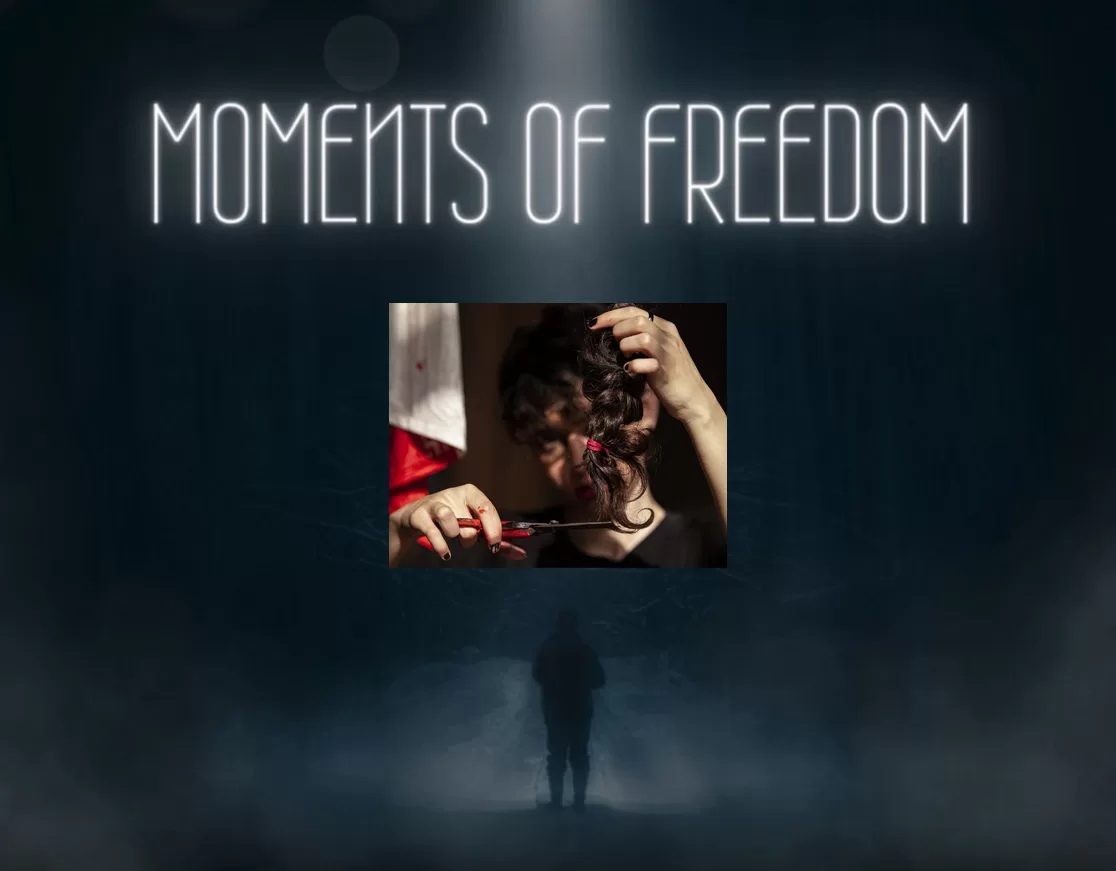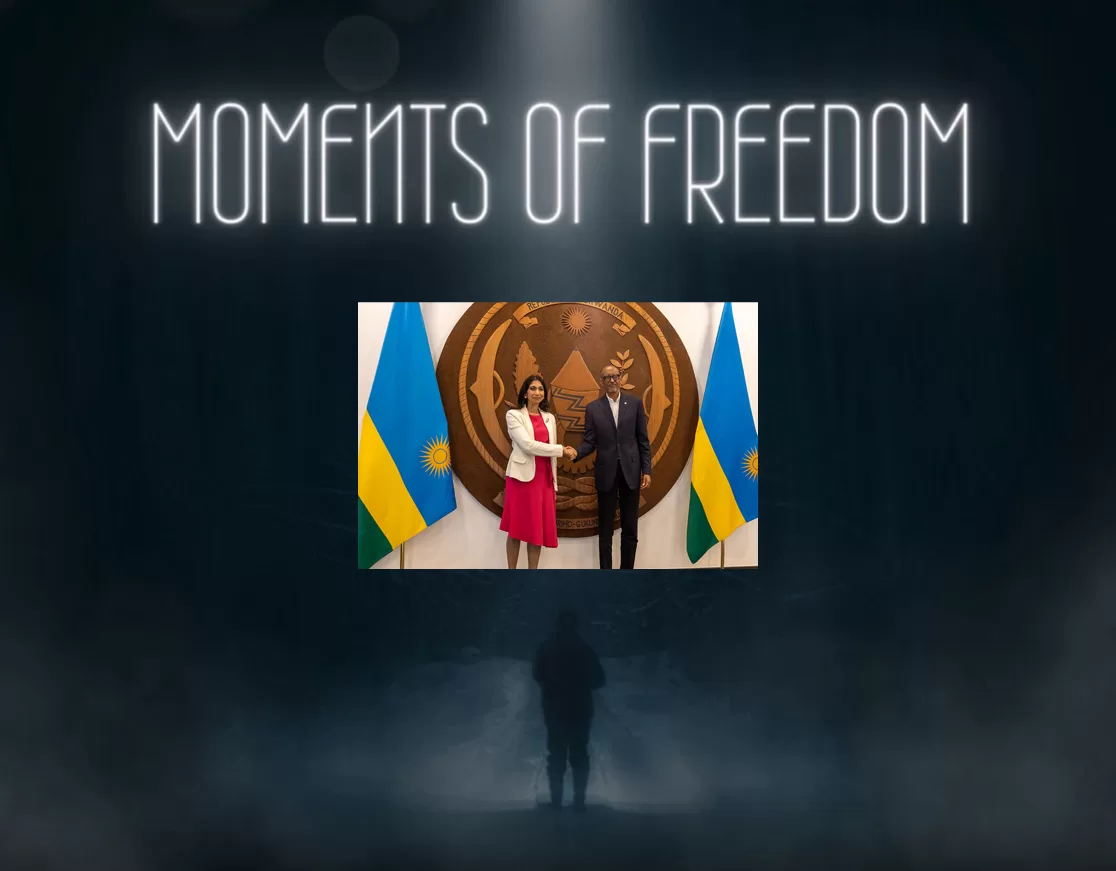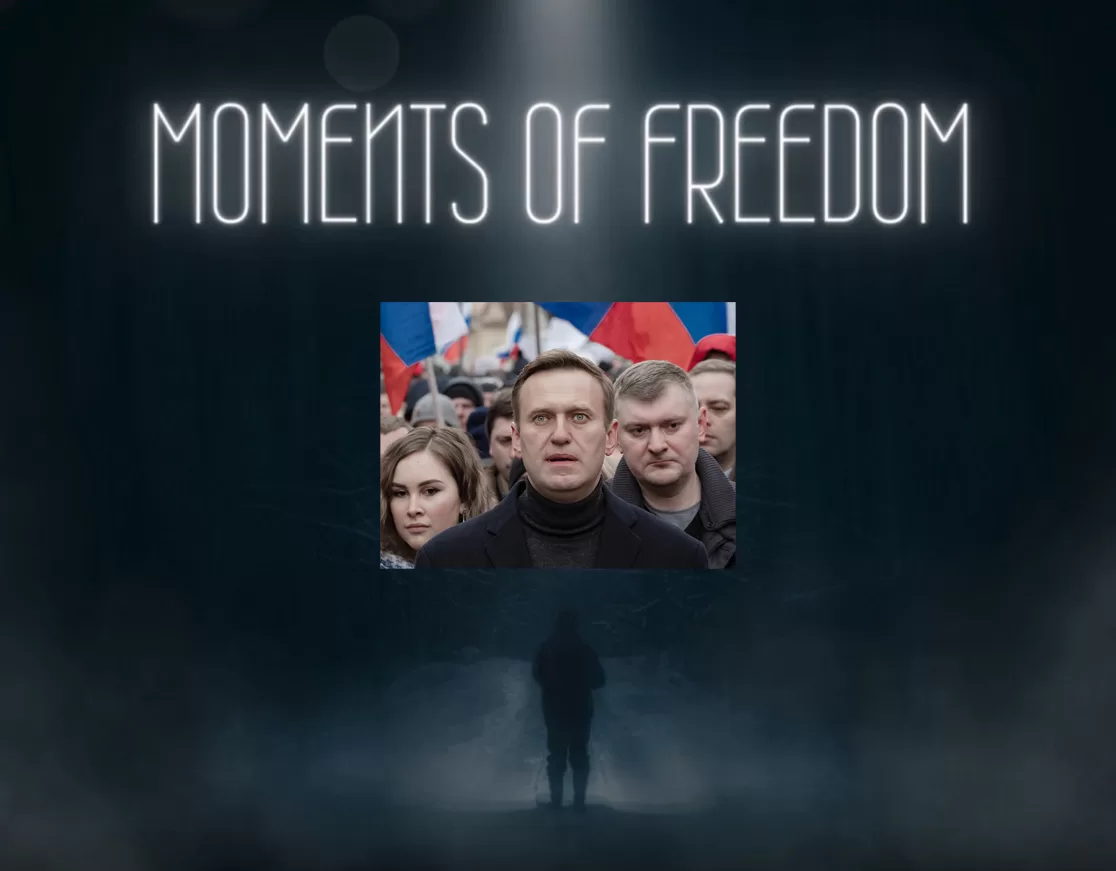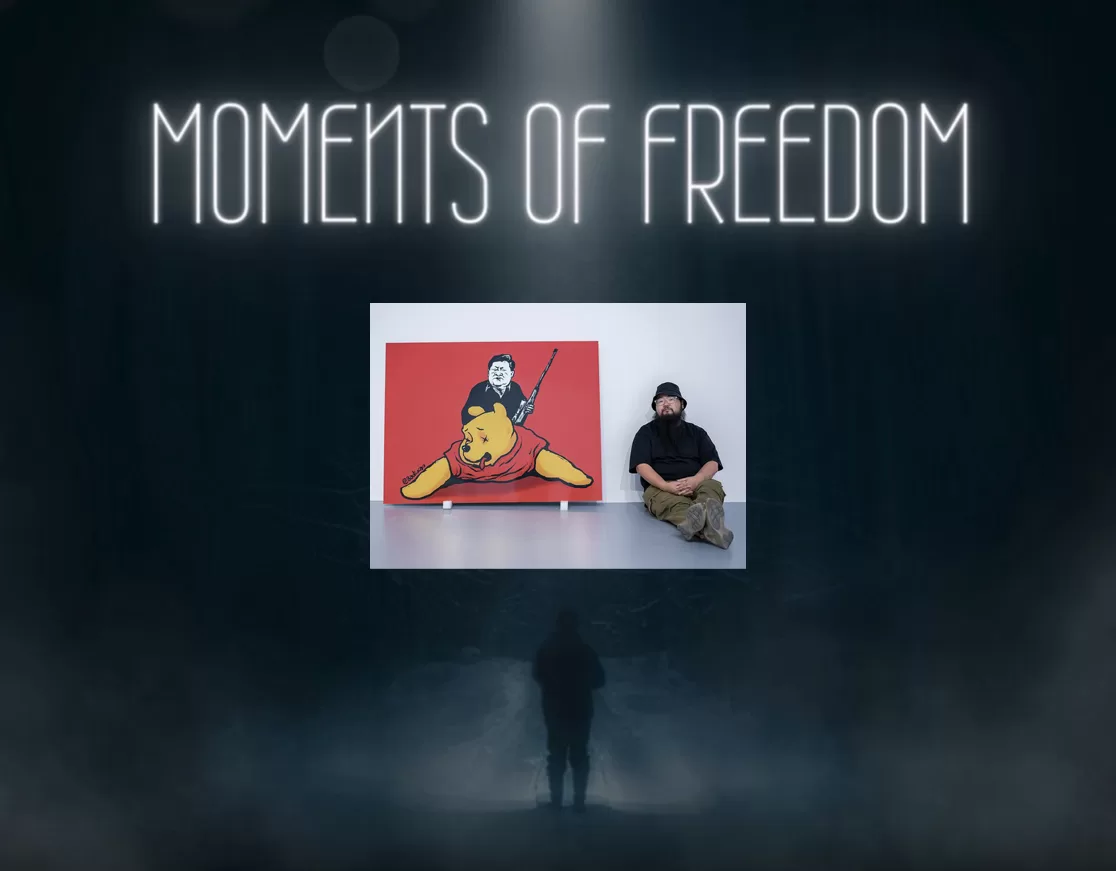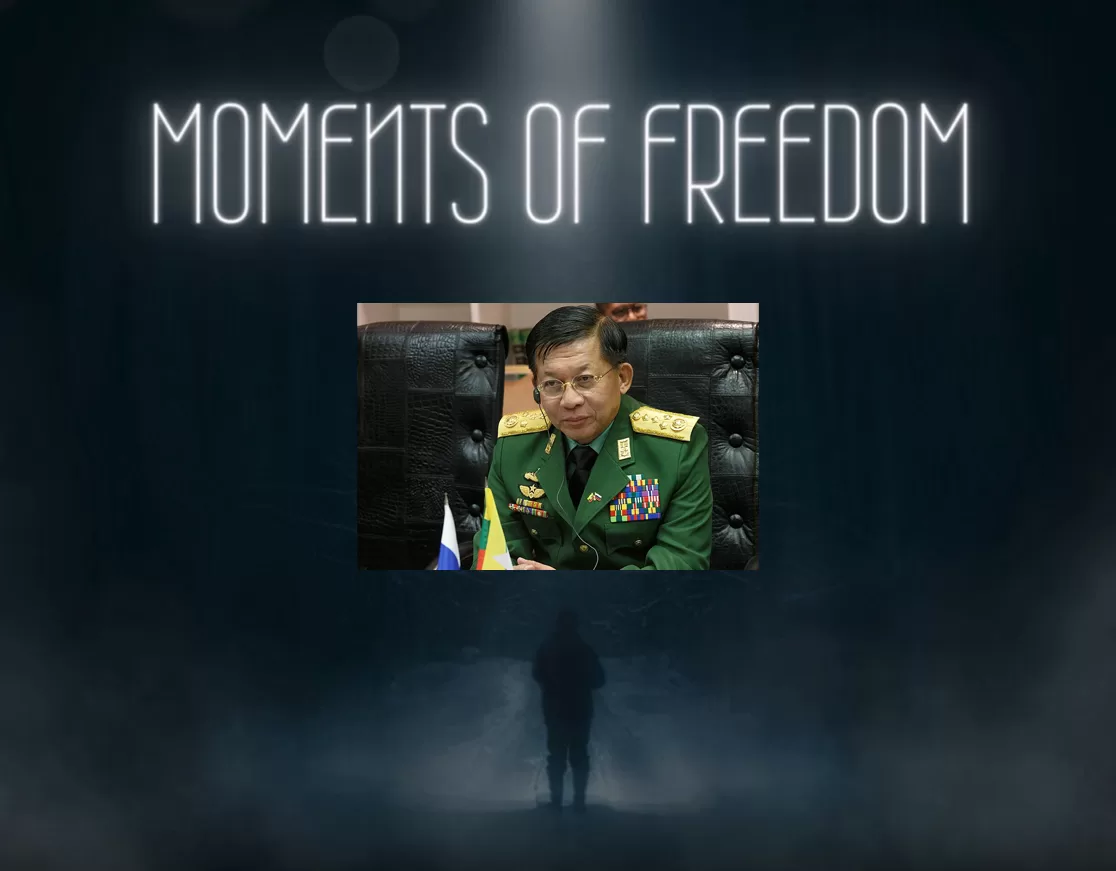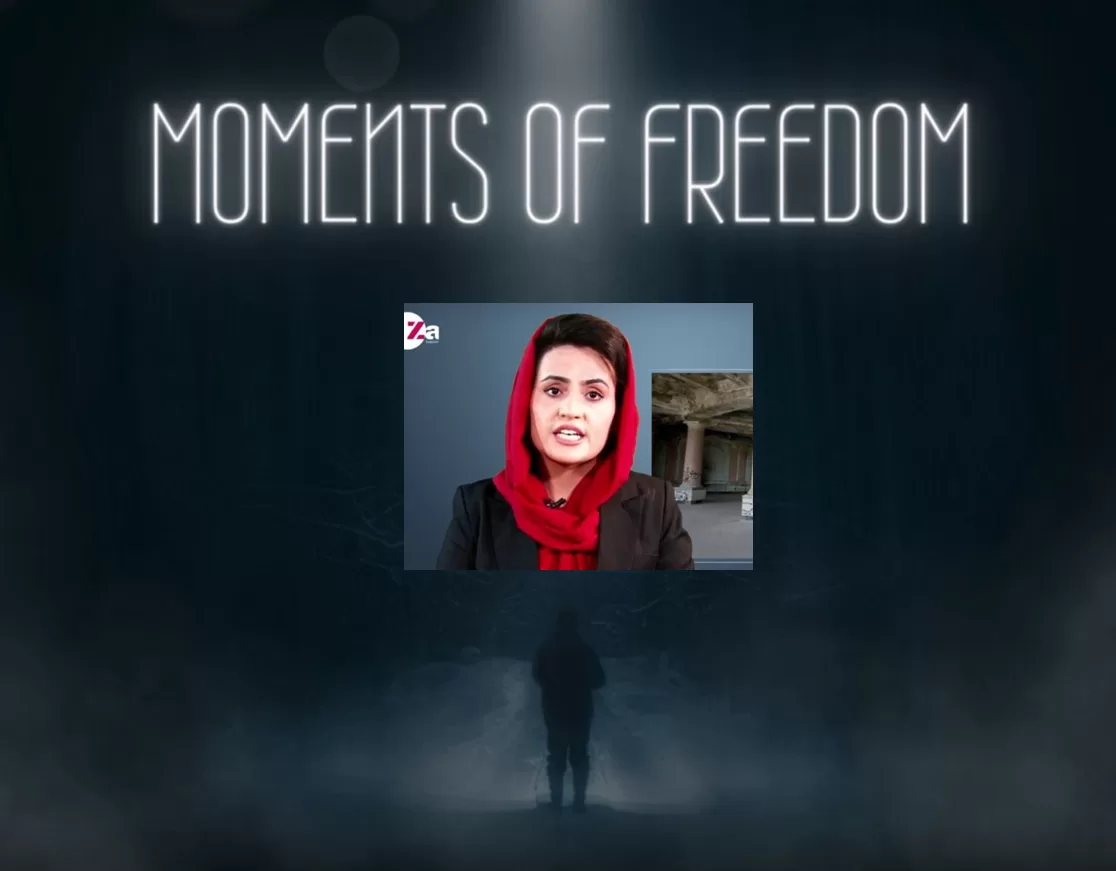Putin’s control threatens Russian dissident voices
2023 has been a year with more news than days. Every corner of the world is a cacophony of broadcasts describing horror, injustice, sorrow and pain. There are times when you just want to cover your ears, close your eyes and hope for peace in all senses of the word. But in this barrage of bulletins dictators thrive.
Whilst the United Nations scrutinises the Israel-Hamas war, the United States Congress holds crunch talks over the future of funding for Ukraine in its defence and Beijing gears up for the trial of Jimmy Lai, Putin lurks in the shadows. His nefarious and nihilistic plots continue their march to his single goal of power at all costs. This week Vladimir Putin announced that he will be seeking yet another term as President of the Russian Federation. He boasts that he will hold polls in the occupied territories he illegally invaded in Ukraine and brushes over the matter he is riding roughshod over the Russian constitution once again.
However, Putin’s determination to cling to power can only happen when he oppresses and silences dissidents. The latest victim of the Russian President’s tyranny is Russian-American journalist Masha Gessen. The trumped-up charges from the Kremlin are “spreading false information about the Russian army”. This is the latest crackdown on dissent being undertaken by the Russian state.
This week we also heard that lawyers for Alexei Navalny have been unable to contact the Russian opposition leader. His legal team have made two attempts to reach the two penal colonies where they believe Navalny is being held. Neither of the colonies have responded to the requests for information. Only last week the jailed Russian opposition leader fell ill within prison and was due to appear in court again this week.
Another thorn in the side of Putin, the former member of a Moscow municipal council Alexei Gorinov, has grown ill whilst incarcerated for seven years in prison. Gorinov no longer has the strength to sit up or even speak.
Gessen, Navalny and Gorinov all reflect the autocratic approach by Putin to his critics: imprisonment, abuse, and hunting down those who are able to escape. Whether you are a journalist, politician or member of the public in Putin’s Russia you are at risk of the whims of a man who yearns only for more control.
Whilst war rages in Ukraine it is easy to lose sight of the dissidents saying loudly that the Russian state doesn’t act in their name. During turbulent times it’s all too easy for us to be deafened by events and for dissidents’ voices to be muffled. We cannot allow that to happen and as long as Index on Censorship exists we will give a megaphone to those fighting for freedom of expression to ensure you can hear what they are saying.
To finish – as we reach the end of 2023 – the only thing I can really promise you is that the team at Index will be required to keep fighting for dissidents in 2024 – and that will do our job with the dedication and commitment that you expect from us.
So from the team at Index – we wish you well over the holidays and hope for a much better 2024.

